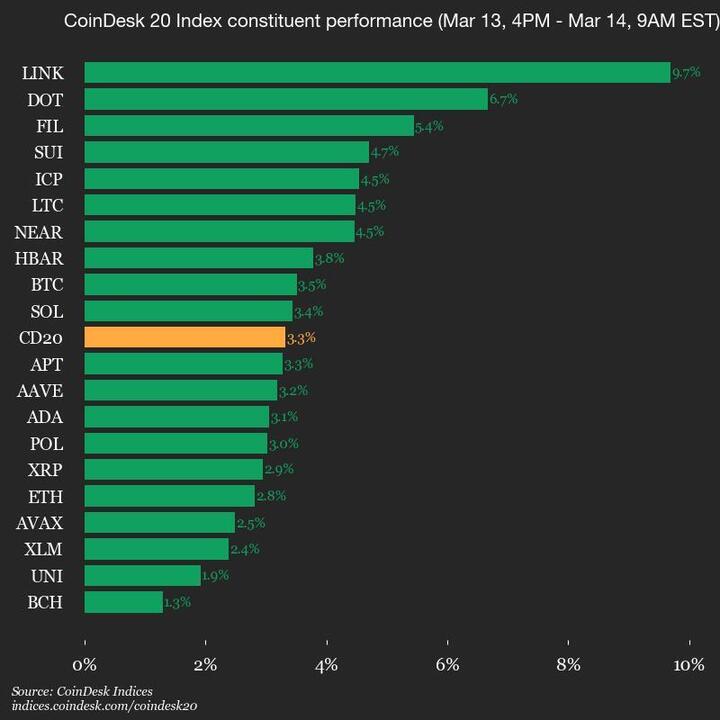Russia is increasingly turning to cryptocurrencies as a means to navigate and bypass Western sanctions on its substantial oil trade valued at $192 billion. Recent reports from Reuters indicate that this shift is particularly focused on facilitating transactions with key partners like China and India.
The Shift Towards Cryptocurrency
In a notable development, the Bank of Russia has recently proposed the establishment of an experimental legal regime (ELR) that would allow a select group of Russian investors to engage in cryptocurrency trading over the next three years. This strategic move underscores Russia’s growing interest in the crypto space as a viable alternative for international trade.
Utilizing Cryptocurrencies for Oil Transactions
Several Russian oil companies have begun employing cryptocurrencies such as Bitcoin, Ether, and stablecoins like Tether (USDT) to convert payments made in Chinese yuan and Indian rupees into Russian roubles. Although these cryptocurrency transactions currently account for only a small portion of Russia’s overall oil trade, they represent a significant step towards diminishing dependency on conventional financial systems.
Lessons from Other Sanctioned Nations
Russia is not alone in its exploration of cryptocurrency as a tool to maintain trade. Other countries facing sanctions, such as Iran and Venezuela, have similarly turned to crypto to reduce their reliance on the U.S. dollar, which dominates global oil markets. This trend highlights a growing pattern among nations seeking greater financial autonomy.
Multifaceted Payment Systems
In response to ongoing sanctions, Russia has developed a range of alternative payment systems, with cryptocurrency being one of many tools at its disposal. While fiat currencies remain the primary method of conducting oil transactions, Russia is also exploring the use of other currencies, such as the United Arab Emirates dirham, to facilitate trade.
The Future of Crypto in Russian Oil Trade
Interestingly, even if Western sanctions were to be lifted, it is anticipated that Russia would continue to utilize cryptocurrencies in its oil transactions. The flexibility and convenience offered by digital currencies make them an attractive option for the country’s trade operations. Additionally, the Bank of Russia is actively working to encourage major banks to support the introduction of a digital ruble for both retail and commercial applications.
A Strategic Digital Currency Initiative
Back in 2021, the Bank of Russia acknowledged the potential of a ruble-backed central bank digital currency (CBDC) as a strategic tool against sanctions. This initiative highlights Russia’s commitment to developing innovative financial solutions to bolster its economic resilience in the face of international pressure.
In summary, as Russia navigates its oil trade amidst stringent sanctions, the embrace of cryptocurrencies demonstrates a significant shift towards alternative financial solutions, paving the way for a more resilient economic framework.



